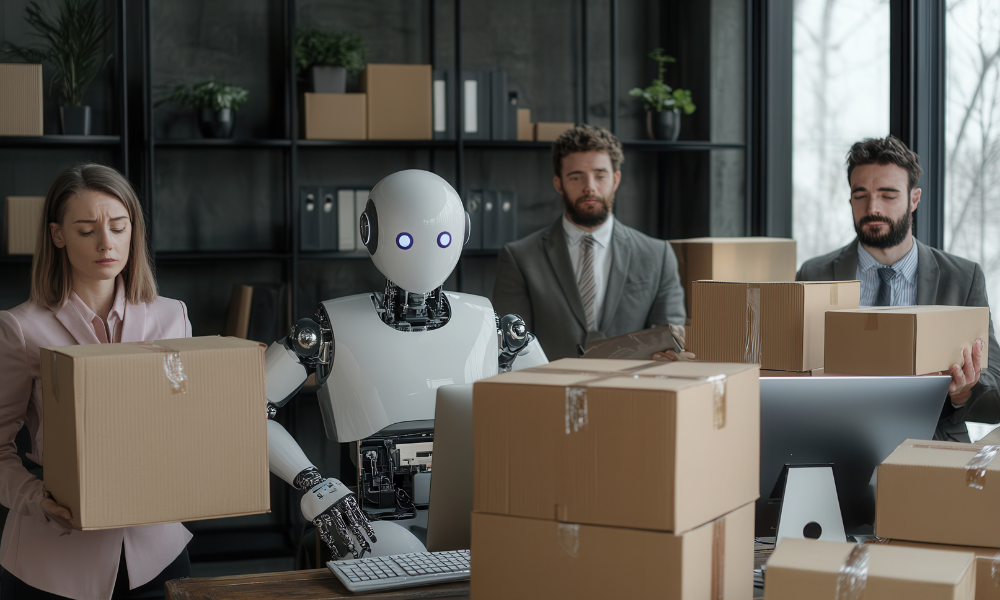
Expert tells leaders: 'Don't be taken by the hype'

Despite widespread concern about job security caused by large scale adoption of artificial intelligence, a Nobel laureate said AI can do only five per cent of jobs over the next 10 years.
Research by 2024 Nobel Prize laureate Daron Acemoglu last year found that the macroeconomic effects of AI appear "non-trivial but modest."
He calculated that only five per cent of all jobs will be taken over or at least heavily aided by AI over the next decade, and that it will just add one per cent to global GDP.
Acemoglu clarified in May that the true impact of AI is still very difficult to know because it's a rapidly changing technology.
"But the basis of my prediction, uncertain though it may be, still remains," he told the MIT Sloan Management Review in an interview.
"The industry has not produced applications that are critical for the production process or for generating new goods and services that are going to be hugely valuable."
He made the remarks despite a previous study from the International Monetary Fund claiming AI will expose nearly 40% of jobs worldwide, and a previous report from Goldman Sachs that it could expose 300 million full-time jobs.
Acemoglu pointed out that the current approach to artificial general intelligence (AGI) is well targeted for cognitive tasks and operates in predictable environments in offices, but does not require much interaction and very high levels of judgement.
"So, if you are a software engineer that does some very basic routines for your work or you're in IT security or you're in accounting, those are things that I think there will be applications based on AGI and some other AI tools that will be able to perform these tasks," he said.
"If you're a CEO, if you're a CFO, if you're an entertainer, if you're a professor, if you are a construction worker or a custodial worker or a blue-collar worker, I think those things are beyond what AI can perform or AI can indirectly contribute to."
Organisations across the world have been introducing AI tools to their operations over the past years, with the World Economic Forum saying 41% of employers are planning to downsize their workforce where AI can replicate people's work.
In fact, some organisations have begun cutting their workforces in favour of implementing artificial intelligence.
But Acemoglu said many businesses are investing in AI blindly amid reports from the media and competitors that they risk falling behind without the technology.
"That's not the way to create a successful business. You never create a successful business because you think your competitors are investing and you should do it not to fall behind," he said.
"My recommendation to business leaders would be don't be taken by the hype. I think the hype is an enemy of business success."
According to the professor, it is much more important to consider where people can be better deployed and how to leverage technology to increase people's efficiency.
"The evidence, as far as I read, is quite clear: no business has become the jewel of their industry by just cost cutting," he said.